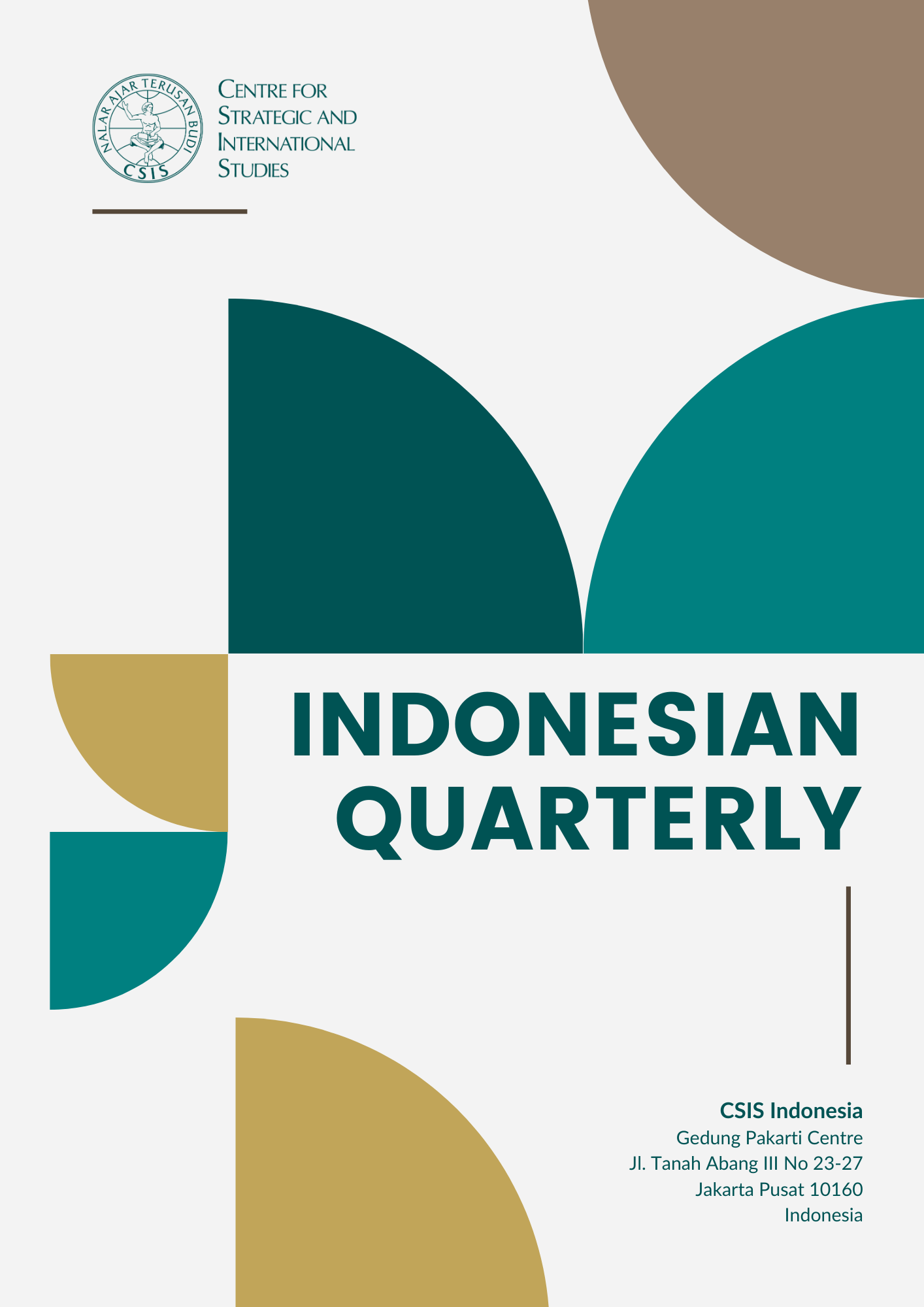Abstrak
The coexistence of economic development and rampant crony capitalism in Indonesia during the Suharto New Order era debunks the prevailing assumption in political science literature that corruption impedes economic growth. This paper seeks to attribute this coexistence to the dominance of Chinese-Indonesian capital during the Suharto era. Due to the state-sanctioned political and social marginalization of the Chinese-Indonesians to the economic sphere, an alliance of convenience was created between the political elite and Chinese conglomerates that exacerbated crony capitalism and contributed to economic growth. Using examples of three Chinese-Indonesian conglomerate groups (Sampoerna Group, Salim Group, and Astra Group) and applications of three hypotheses of the coexistence of economic development and crony capitalism (Centralized Developmental State, Goldilocks Principle, and Bureaucratic Capitalist State), this paper argues that crony capitalism can be seen to not be an impeding factor to Indonesia's particular economic growth during the Suharto era.
